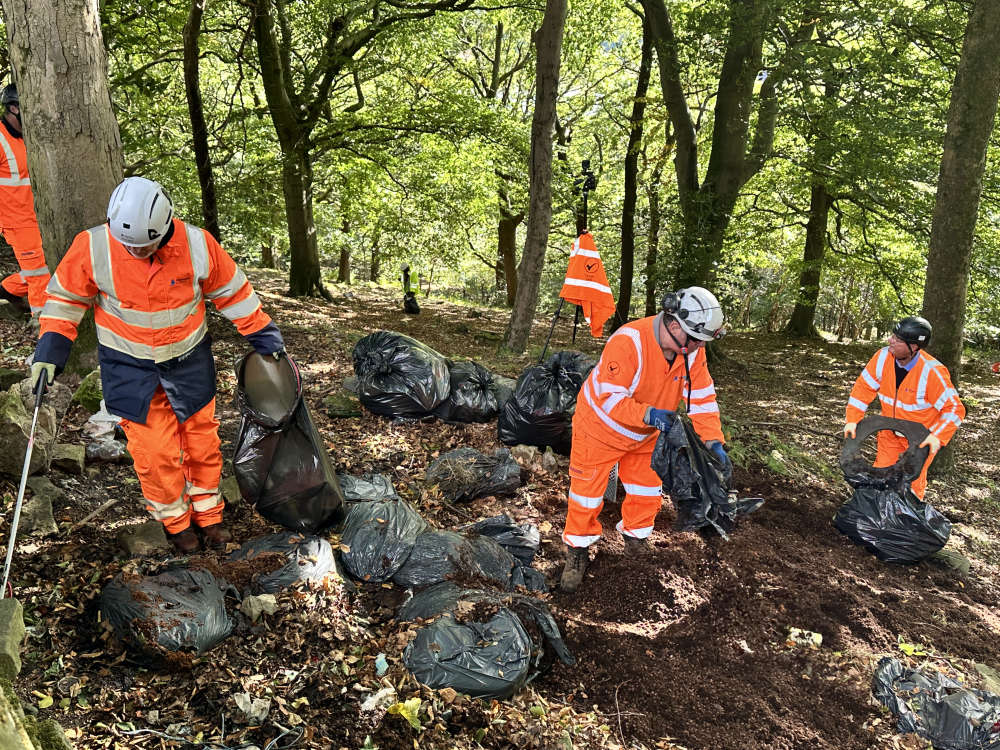
Litter and fly-tipping are blighting our countryside and putting wildlife at risk.
Recently the scale of the problem was brought into sharp focus during a major clean-up operation along the A628 Woodhead Road near Tintwistle.
The effort was organised by National Highways in partnership with the RSPCA, United Utilities, Amey and Balfour Beatty. At several laybys along the route, motorists have been dumping not only everyday rubbish but also large-scale fly-tipping, leaving the countryside choked with waste.
The RSPCA warn that discarded litter is far more than an eyesore. It is causing enormous harm to wildlife and the environment, injuring and killing thousands of animals every year. Figures from the charity show that in 2024 alone, there were 2,199 reports of animals harmed by litter. It is estimated that around 3 million animals die annually in the UK as a result of discarded waste.
The area chosen for the clean-up lies close to reservoirs and is home to a rich variety of wildlife including birds of prey, moorland and woodland birds, waterfowl, hedgehogs, red deer, foxes and badgers. But instead of being a sanctuary, it has become a dumping ground. Rubbish doesn’t just line the roadside and layby; it is strewn in shocking volumes deep into the surrounding woodland.
RSPCA Wildlife Officer Geoff Edmond said:
“It’s a problem that is often overlooked. Here you’ve got people throwing litter over the wall – out of sight out of mind – and it’s created a really dangerous area for wildlife. There are lots of hazards like broken glass, tin cans and plastic bottles. It’s a real concern. It’s great to be working collaboratively with National Highways to do something about it and raise awareness.”
Edmond also stressed that reported statistics are only part of the picture, as much of the damage is hidden. He appealed to the public to help protect wildlife and the environment by not dumping waste and spoiling natural habitats.
Among the rubbish collected were household bin bags and general waste from passing motorists. The smaller items such as plastic bottles without lids can prove deadly, as small animals often crawl inside and become trapped.
One RSPCA volunteer was shocked by the scale of the problem:
“It’s insane to see how much and what people are throwing. It’s sad that people are so ignorant to be doing this. It’s awful to see the impact that this has on the environment. It’s shocking to see that large bin bags of rubbish have been dumped, and that reflects on the mindset of the person.”
National Highways report that they routinely remove litter from alongside motorways and A-roads, but the scale is enormous. In just two weeks earlier this year, more than 8,000 bags of rubbish were collected from across the country.
They say: “Litter is a serious issue. It harms the environment. It also puts our people at risk when they have to collect it, and it diverts time and money that’s better spent on improving the road network.”
Freda Rashdi, Head of Customer Journeys at National Highways, added:
“Litter is a huge problem at National Highways and to our customers who use the roads. We are making a huge effort at this particular location as it is one of our hotspots. We have inspectors out across our motorways and A roads on a regular basis, gathering information on litter and other maintenance needs which shows us where our hotspots are. Road users can also use our website to report littering issues. This allows us to send targeted resources like this to the worst places. People tend to litter where traffic is slow, such as laybys like this, slip roads and roundabouts. They don’t like to be observed so this particular layby which has a low wall is ideal for when they are depositing litter, so that makes it a real problem.”
The message from the day was clear: clean-ups can only go so far. The real solution lies in preventing litter in the first place and ensuring the countryside remains a safe haven for wildlife.
To report litter problems to National Highways, visit https://report.nationalhighways.co.uk/
Our reporter Mark Andrews attended the clean-up and spoke to those involved – you can watch his video below.


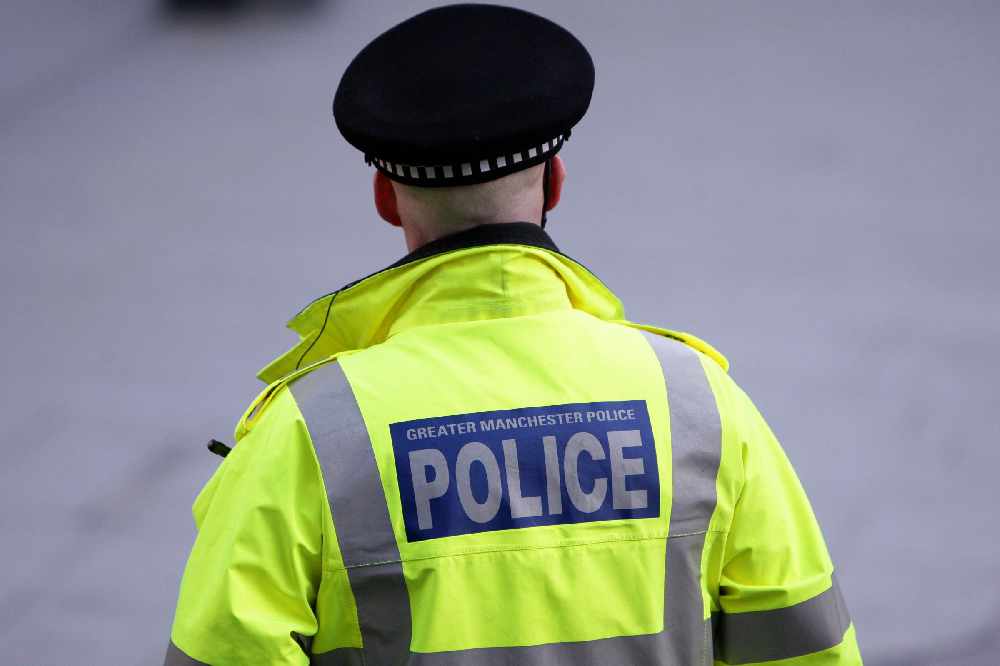 Man charged following investigation into domestic assault
Man charged following investigation into domestic assault
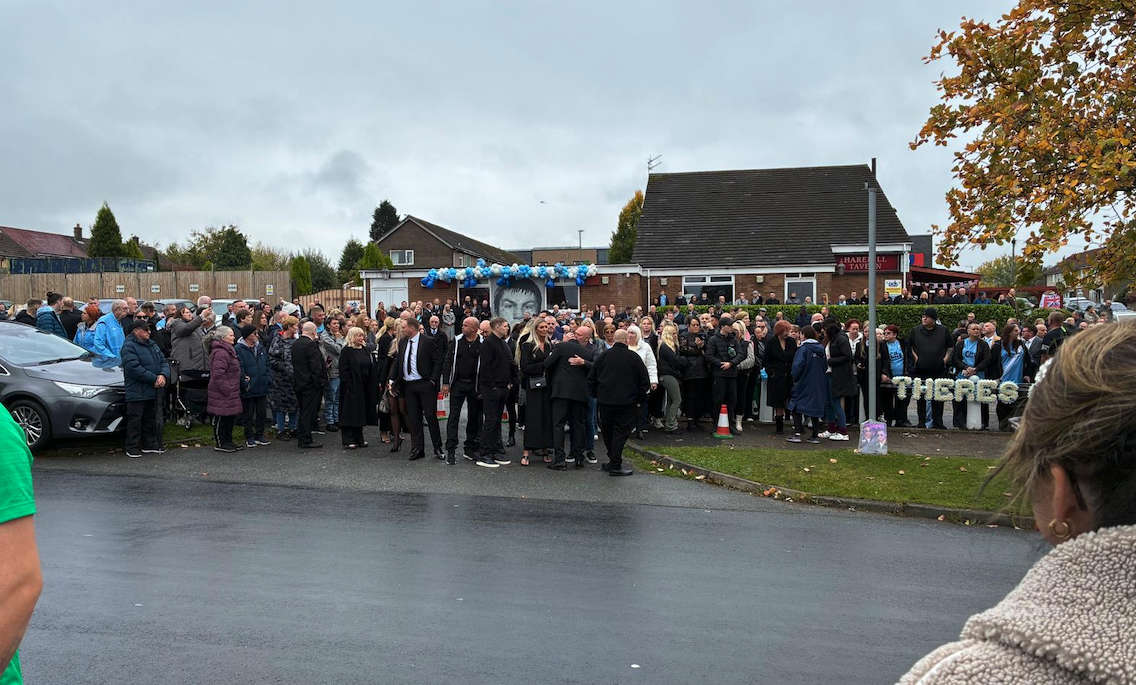 Thousands line the streets to say farewell to Ricky Hatton
Thousands line the streets to say farewell to Ricky Hatton
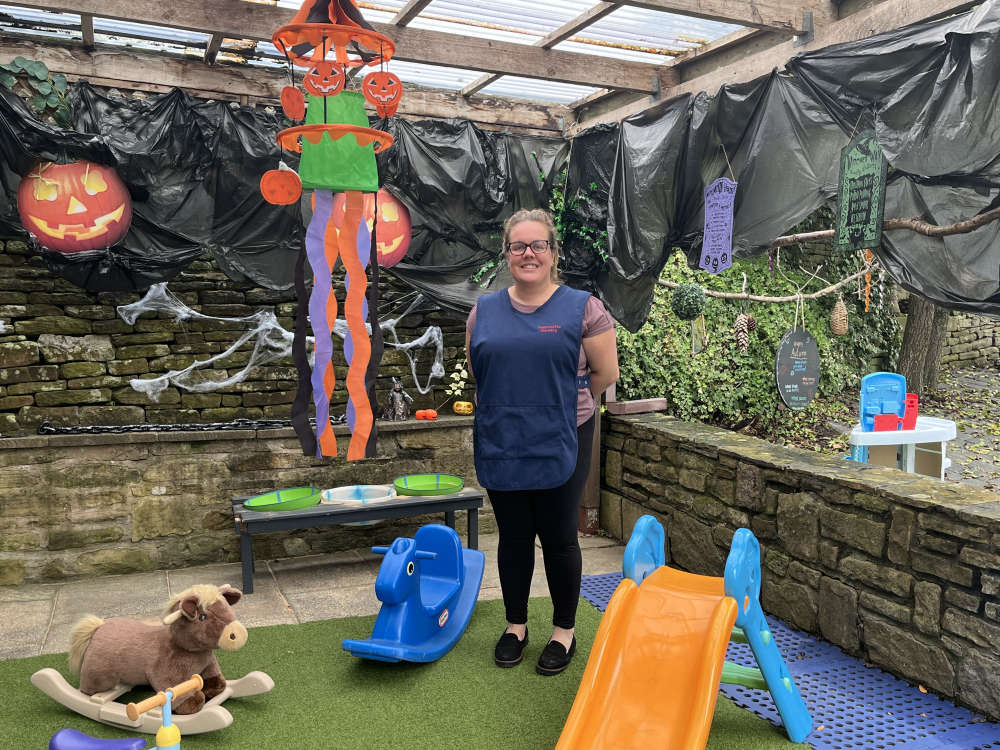 Hollingworth nursery earns ‘good’ Ofsted rating after major improvements
Hollingworth nursery earns ‘good’ Ofsted rating after major improvements
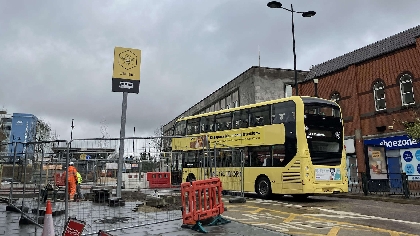 Manchester Bee Network bus strikes suspended as workers vote on new pay deal
Manchester Bee Network bus strikes suspended as workers vote on new pay deal

